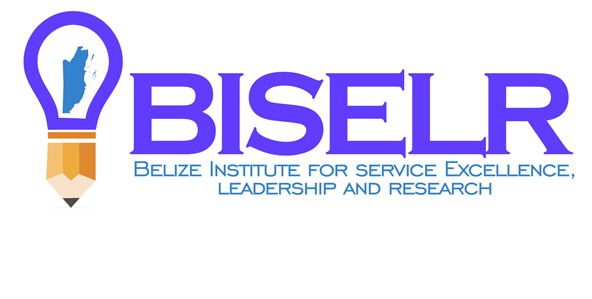Training
- Home
- Training
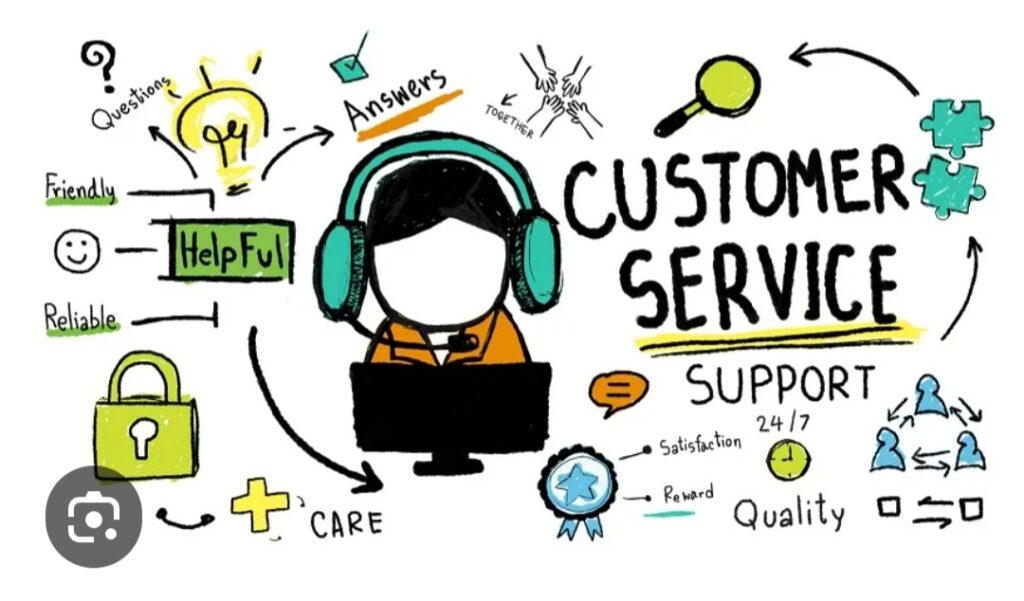
Customer Service Excellence

Conflict Management & Resolution
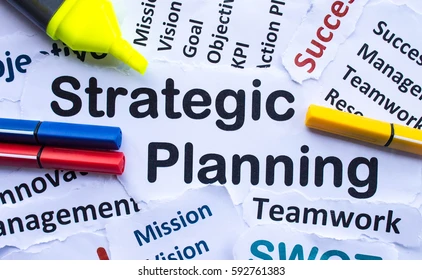
Strategic Plan and Execution

Effective Communication & Team Building – The Key to Success
In today’s fast-paced and interconnected business world, effective communication and strong team dynamics are essential for achieving success. Our programs are designed to equip your team with the skills, strategies, and tools needed to enhance communication, foster collaboration, and build high-performing teams.
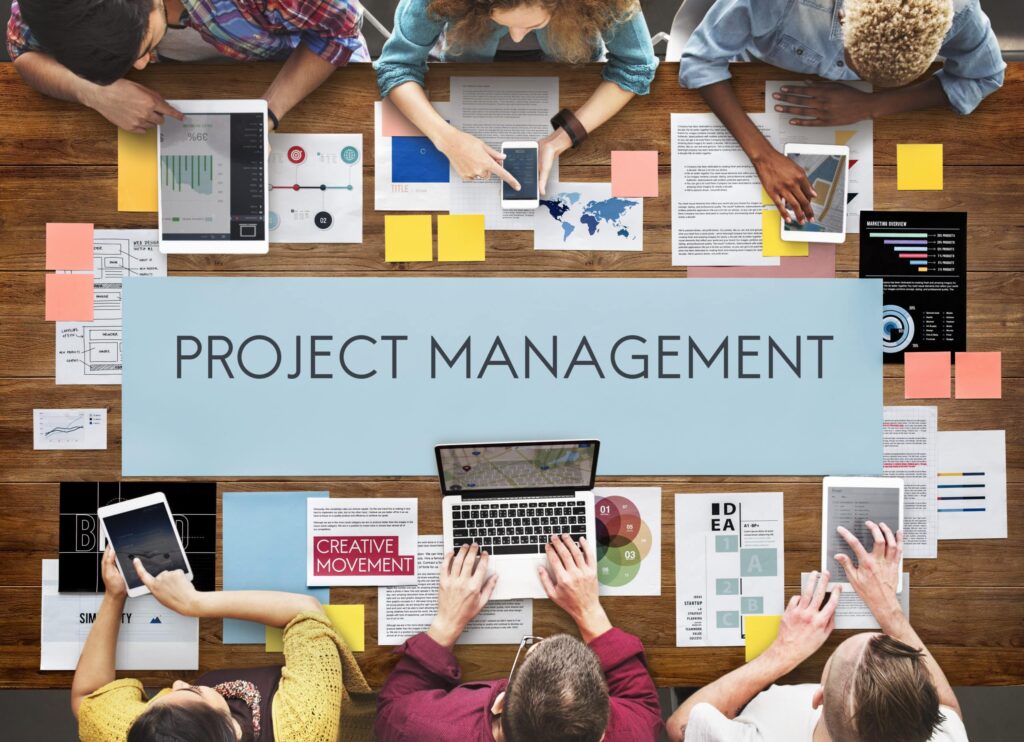
Introduction to Project Management (PMBok)

TEN Habits of Highly Successful People
Are you ready to kick those bad habits and replace them with habits that are proven
to lead to success? Then this course is for you! We all know that habits can either
help or hurt your success in life. Bad habits can fester and grow into a lifestyle that
takes you away from the things you want to do–and good habits can help you
create a life that’s full of action and accomplishment.

Organizational Change & Innovation

Understanding and Developing Emotional Intelligence

Time Management
“We waste time because we think we have time!”
Time management refers to a range of skills, tools, and techniques used to manage
events in your life in relation to time. Time management is really a misnomer. We
don’t really manage time – we manage ourselves and our life events in relation to
time.
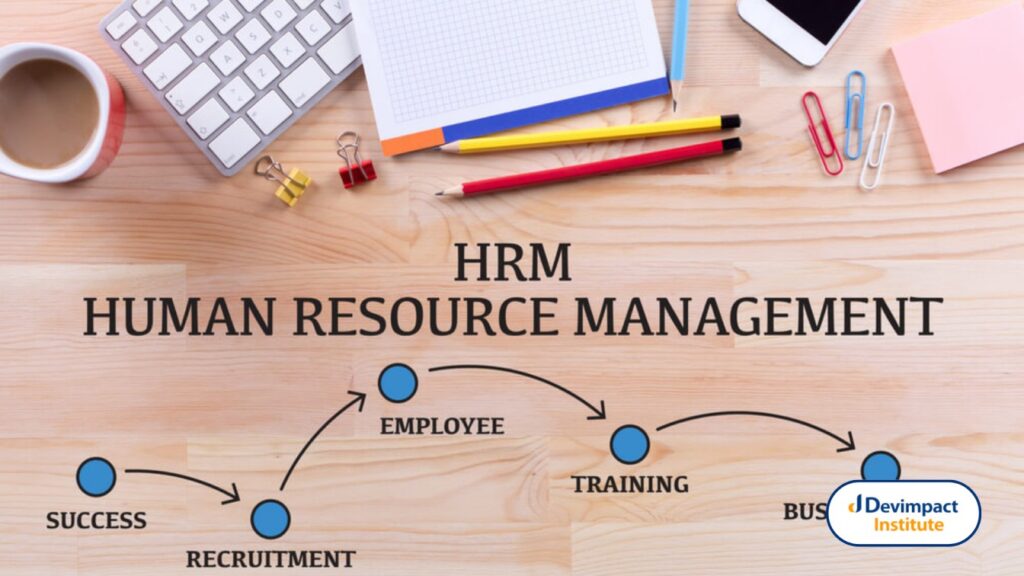
HR Management: Performance Management in Practice
Managing employee performance facilitates the effective delivery of strategic and operational goals. There is a clear and immediate correlation between using performance management programs and improved business and organizational results. For that having a valid yet an effective PM system is essential for managing and evaluating staff, develop their competencies, improve organizational performance, and eventually achieve winning business outcomes.

Leadership for Today
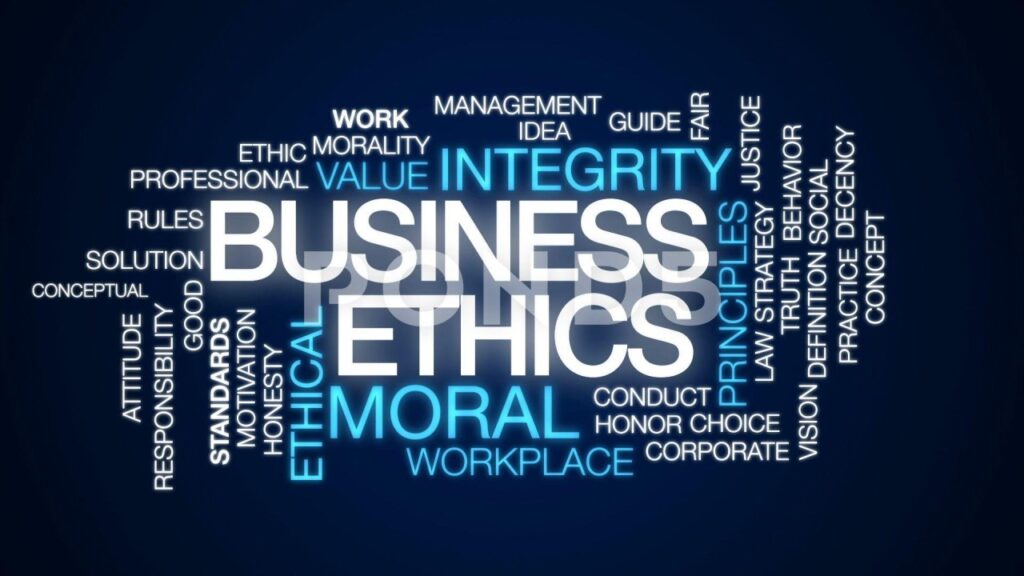
Ethics & Professionalism in the Workplace

Effective Business Writing
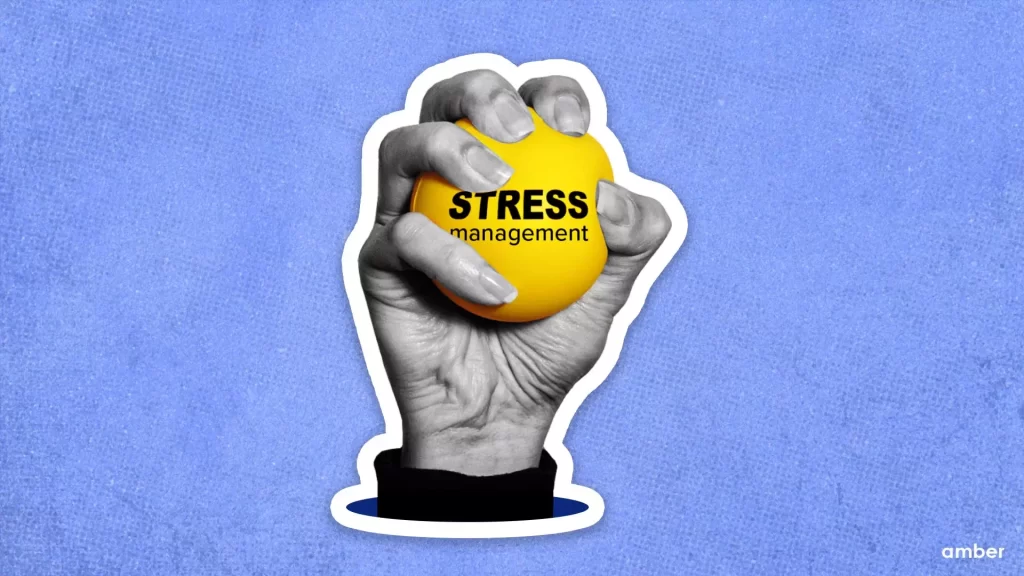
Stress Management

Effective Sales Techniques

Supervisory Management
Shifting from being ‘one of the team’ to leading the team can be a challenging move. As a new supervisor, team leader or frontline manager, it’s now up to you to make difficult decisions, give feedback and drive performance. Having the right leadership skills under your belt can make sure you get off to a strong start and rally your team behind you. Managers and supervisors provide leadership for a team and bridge the gap between the management of the organization and their team members.

Employee engagement & Building Staff Morale
The PD Training Employee Engagement Training Course provides understanding and skill building in the various methods of employee engagement such as attention zones, goal setting, prioritizing, focusing, and evaluating. Training in employee engagement helps managers to keep employees motivated, productive and fulfilled. Employee engagement involves helping employees to become more productive,
focused and organised.

Train The Trainer: presentation skills
Skilled facilitators don’t just train. They connect with and engage their
audiences and most importantly they make learning fun. From creating the
right training environment, making lasting first impressions, design and
delivery of training content. Training is a work of art; you are the artist!. This course introduces you to great practical and actionable concepts that will
change the way you prepare for and present to your audience.
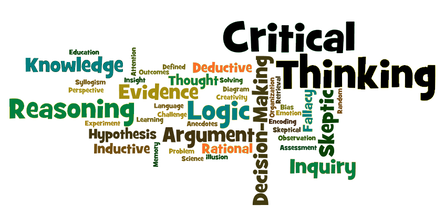
Critical Thinking & Decision Making
Mastering critical thinking and problem-solving skills can help you make better decisions or recommendations – an essential competency in today’s knowledge workplaces. Critical thinking helps you to examine and improve thought processes, ask the right questions, challenge assumptions and consider varying viewpoints. Effective problem-solving helps you to properly identify and systematically work through a problem in a comprehensive manner, ensuring clarity when it comes time to make decisions or recommendations.

Effective Business Writing & Minute Taking
Effective minute taking will enable your business units to solve many problems and complaints associated with running meetings. In the hands of a competent minute taker, managers and staff are enabled to effectively action recorded meeting items. During this course, emphasis is also placed on effective business writing skills such as attention to grammar, punctuation, sentence structure and eliminating redundancies in writing.
